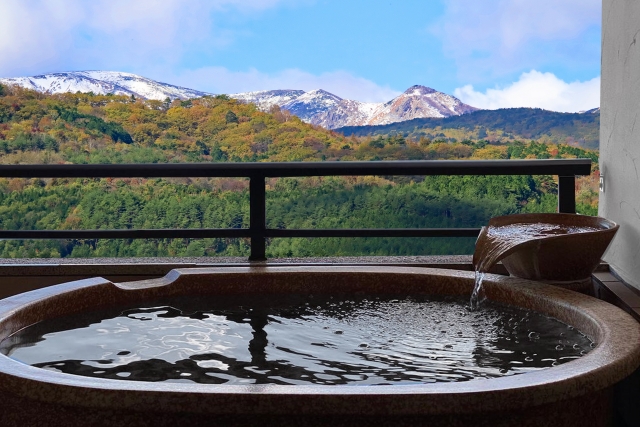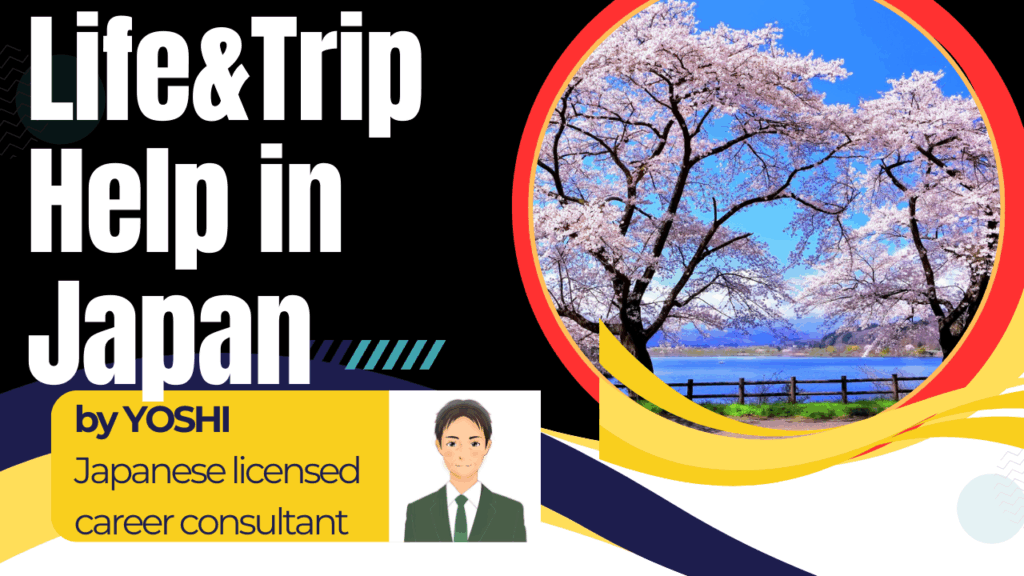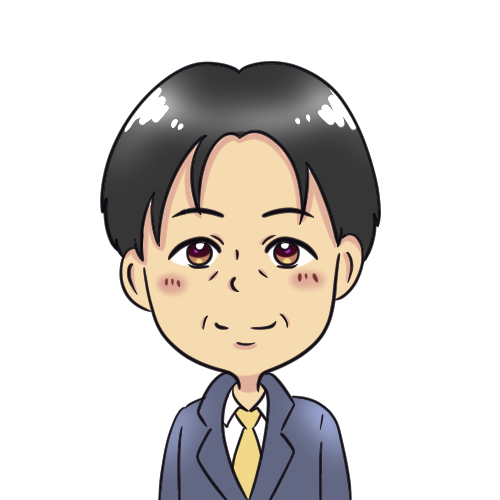How to Use Onsen in Japan: Tattoos in Onsen – Is It Allowed?
What is Onsen?

Visiting Japan is not complete without experiencing an onsen (hot spring). Whether you’re traveling for leisure or work, soaking in a natural hot spring is one of the best ways to relieve fatigue and refresh your mind and body. However, onsens are not just about relaxation—they come with cultural traditions and etiquette that visitors should respect.
In this article, we’ll explain how to use an onsen in Japan, what manners to follow, and answer common questions foreign visitors often have.
Lio Author
Representative / BANSO Works
I am a Tokyo-born Japanese professional writer with a bachelor’s degree in intercultural communication, and I have lived in five countries.
I am also a nationally certified Career Consultant in Japan, with practical expertise in behavioral psychology.
In addition, I have hands-on HR experience at four major Japanese companies.
This combination of academic training in intercultural communication and extensive professional experience allows me to provide practical, experience-based insights into Japanese workplace culture.
Why Onsen?
Onsens are deeply rooted in Japanese culture, not only for bathing but also for socializing and promoting health. The minerals in the natural hot spring water are believed to help with circulation, muscle pain, and stress relief. For travelers, an onsen is a perfect way to unwind after long journeys or sightseeing.
Even among Japanese people, when planning a short trip with family, former colleagues, or old classmates, it often turns into a one-night hot spring getaway.
Basic Onsen Etiquette
Here are the key rules you should follow when visiting an onsen:
- Wash your body before entering
("Wash yourself thoroughly at the shower area before soaking.") - No swimwear or clothes allowed
("Bathing suits are not permitted; you must enter the bath naked.") - Don’t put towels in the water
("Keep your small towel outside the bath or place it on your head.") - Be quiet and respectful
("Keep voices low; onsens are for relaxation, not loud conversations.") - No running or diving
("Onsens are not swimming pools; please enter calmly.") - Tie up long hair
("Keep your hair out of the water for hygiene reasons.") - Clean up after yourself
("Rinse the stool and shower area after use.")
Tattoos in Onsen – Is It Allowed?
This is one of the most common concerns for foreign visitors. Traditionally in Japan, tattoos are associated with yakuza (organized crime groups), which is why many onsens historically banned them. However, attitudes are gradually changing: Personally, I understand the difference between traditional Japanese irezumi and foreign tattoos, so it doesn’t bother me at all if foreigners with tattoos use the hot spring.
- Some onsens still prohibit tattoos. Check the facility’s policy beforehand.
- Some allow small tattoos if covered with a sticker or patch.
- Tourist-friendly onsens (especially in popular areas like Hakone or Beppu) are becoming more flexible and welcoming to tattooed guests.
👉 Tip: If you have tattoos, search for “tattoo-friendly onsen” online or ask the hotel staff.
Additional Tips for Foreign Visitors
- Bring your own toiletries if the onsen doesn’t provide them. Many have shampoo and soap, but not all.
- If you’re shy about nudity, consider a private onsen room (kashikiri onsen), where you can bathe with friends or family in privacy.
- Drink water before and after bathing—hot springs can dehydrate you.
- Don’t stay in the hot water too long (5–10 minutes at a time is enough).
Conclusion
Using an onsen in Japan is more than just bathing—it’s an opportunity to connect with Japanese culture and experience true relaxation. By respecting the etiquette and being mindful of traditions, you’ll enjoy one of the most memorable parts of your trip.
So, next time you’re in Japan, don’t miss the chance to soak away your travel fatigue in a soothing onsen!
------Got a quick question about life or travel in Japan? Ask a native (Qualfied career consultant) for just $5 — anytime!---




